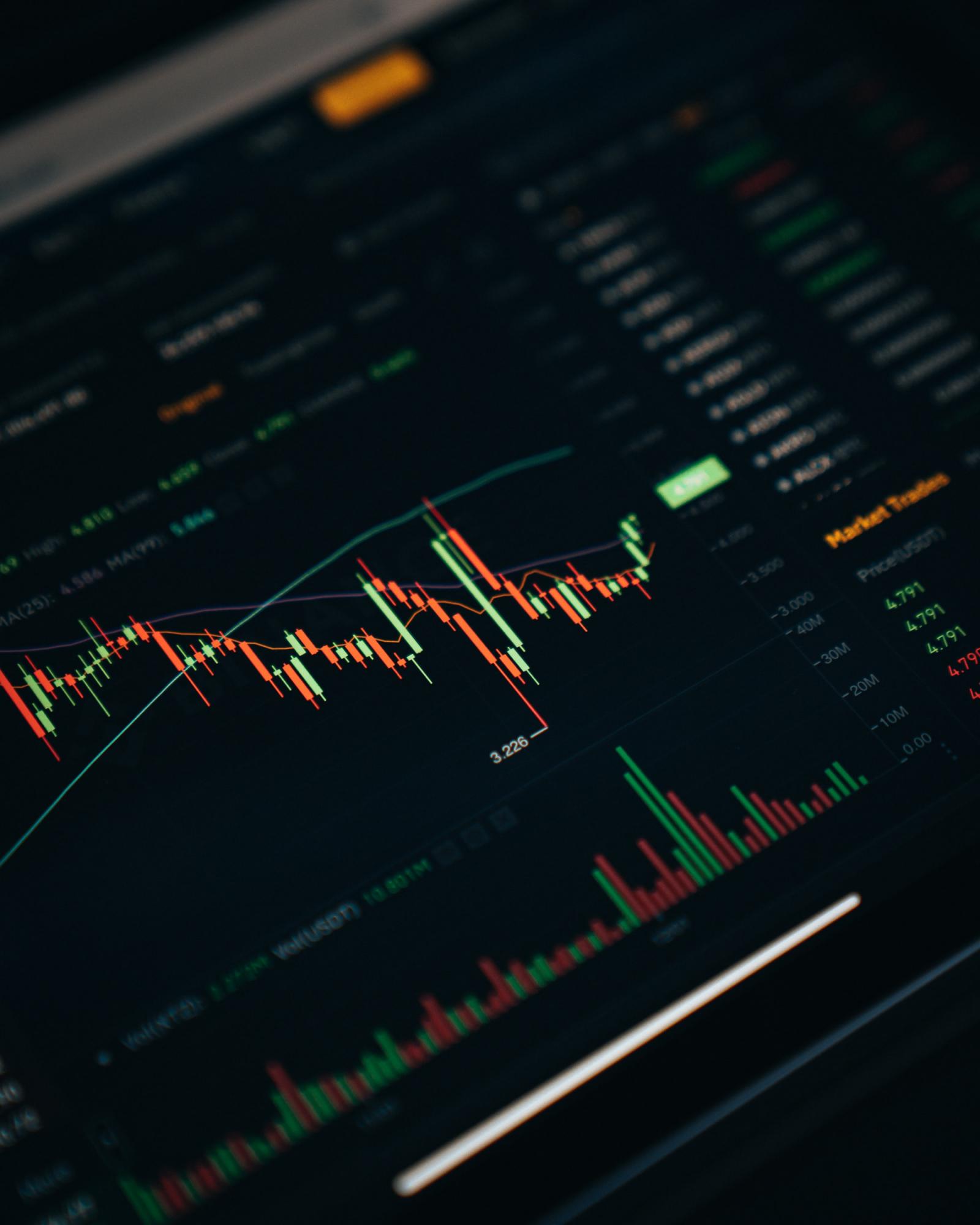Test- FTSE 100 Kicks Off August on a High as BP and Senior Lead Market Momentum
$11
10 Oct 2025, 13:13

Unsplash.com

Even though most Asian stock indexes were still showing significant gains for November, data from China suggested that the largest economy in the region was continuing to weaken. As a result, most Asian stocks on Thursday stuck to a narrow range.
November's Asian stock rally was mostly fueled by dovish Bank of Japan sentiment, easing fears of U.S. interest rate hikes, and some bargain hunting. However, Chinese stock markets mainly trailed their international counterparts during the month due to ongoing worries about a sluggish economic recovery.
Data from the purchasing managers index indicated that November's manufacturing activity in China shrank more than anticipated.
In 2023, non-manufacturing activity experienced the slowest monthly growth, and overall business activity approached contraction territory—a development last observed at the height of the COVID-19 crisis.
Concerns about a Chinese economic slowdown increased in response to the readings, particularly since the nation is dealing with declining demand in its top export markets. However, traders also placed a wager that Beijing will adopt more extensive stimulus measures in response to the trend.
Even though larger Asian markets saw modest gains on Thursday, a strong November is still anticipated.
Thursday saw minimal movement in Japan's Nikkei 225 index following erratic data on industrial production and retail sales. However, dovish Bank of Japan policy combined with a string of strong quarterly earnings set the Nikkei up for a 7.9% gain in November, and the index is still quite near a 33-year high.
The Bank of Korea maintained interest rates unchanged on Thursday, as was widely anticipated, leaving South Korea's KOSPI unchanged. October's industrial production data fell short of forecasts.
However, the KOSPI outperformed other Asian stock exchanges in November, rising 10.6% thanks to the strength of heavyweight technology stocks. Earlier in November, the index experienced an intraday spike of almost 6% following the government's ban on short sales in domestic markets.
(Sources: investing.com, reuters.com)